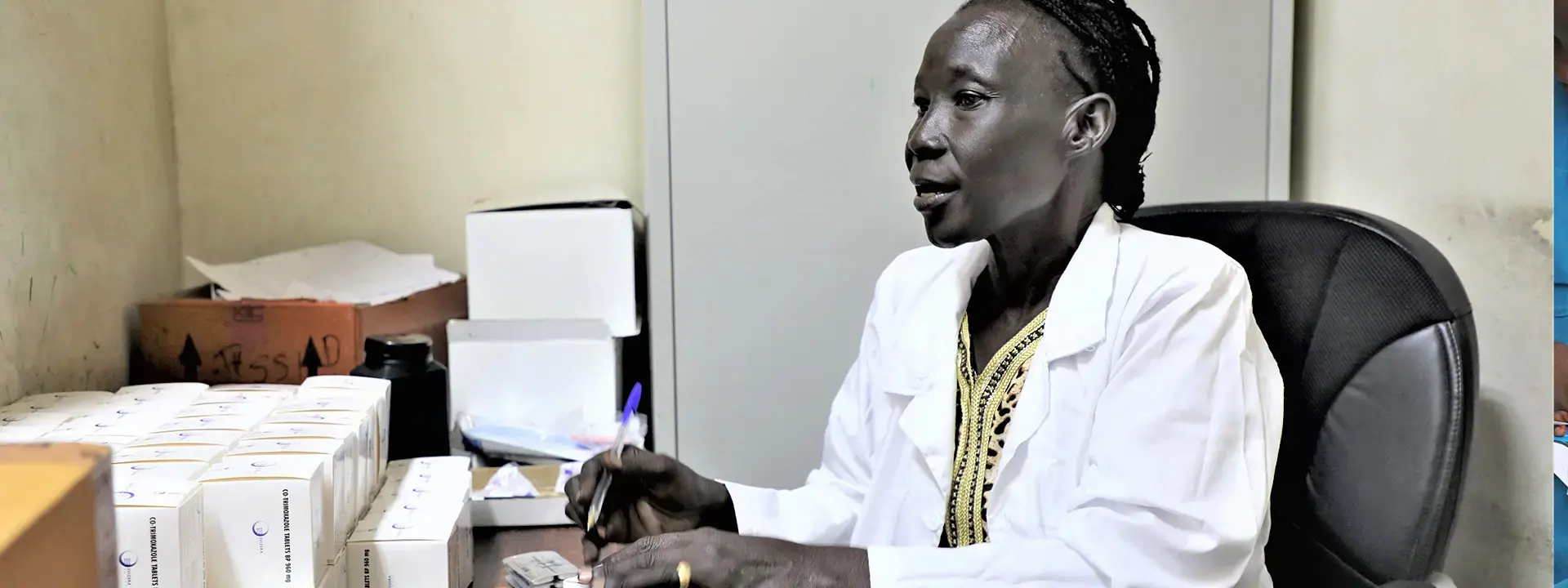Sexually transmitted infections remain a major concern in South Sudan with HIV prevalence among individuals aged 15–49 years in South Sudan is estimated at 2.4 percent which is equivalent to about 194,000 people are living with HIV virus. Women and girls constitute 64 per cent of new infections. Female sex workers and their clients are estimated to make up 54 per cent of all new HIV infections. Young people and other key populations, particularly sex workers and persons with disabilities, have poor access to integrated sexual and reproductive health (SRH) information and services, including knowledge of their HIV status and HIV prevention. Poverty, insecurity and limited availability of quality information and services on reproductive health and prevention of sexually transmitted infections and HIV remain key barriers for marginalized populations including internally displaced persons, youth, and sex workers accessing health services.
UNFPA Response:
The programme in South Sudan:
- Supports behaviour change and community-empowerment initiatives including working with key and vulnerable populations to provide integrated SRH and HIV information and services, ensuring linkages with the formal health system.
- Work with Government to ensure that enabling policies and strategies are in place for STI/ HIV prevention and response including the condom programming strategy.
- Using innovation to ensure integration of SRH and HIV at all levels including training of health workers, comprehensive sexuality education programmes, and condomize campaign and several youth and sports initiatives.
- Supporting institutional strengthening and capacity development of networks of youth, women and people living with HIV to enhance the HIV prevention response at community level.


